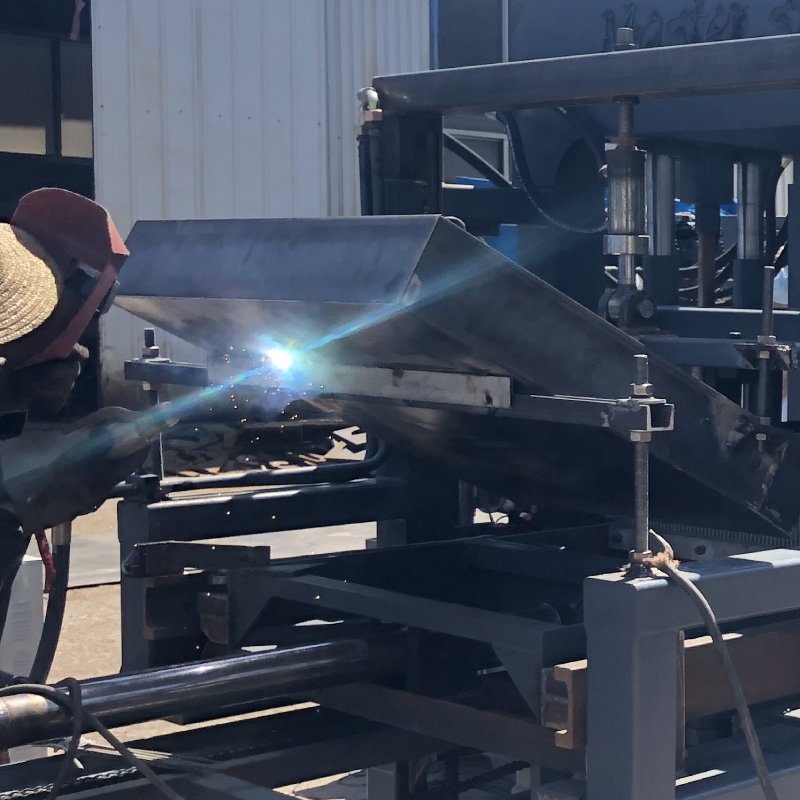
Starting a block manufacturing business involves navigating a complex regulatory landscape to ensure compliance with local, regional, and national laws. Adhering to legal requirements is essential not only for the smooth operation of your business but also for building a foundation of trust with stakeholders. Below is an overview of key legal and regulatory considerations for starting a block manufacturing business:
1. **Business Registration and Structure:**
– **Business Registration:** Register your block manufacturing business with the appropriate government authorities. This typically involves selecting a business name, filing necessary documents, and obtaining a unique identification number.
– **Legal Structure:** Choose a legal structure for your business, such as a sole proprietorship, partnership, limited liability company (LLC), or corporation. The legal structure will impact your personal liability, tax obligations, and other legal considerations.
2. **Zoning and Land Use Regulations:**
– **Zoning Compliance:** Check local zoning regulations to ensure that the chosen location for your block manufacturing plant is zoned appropriately for industrial activities. Obtain the necessary permits and approvals from local authorities.
– **Environmental Impact Assessments:** Depending on the scale of your operations, you may be required to conduct an environmental impact assessment. Ensure compliance with environmental regulations and implement eco-friendly practices to minimize environmental impact.
3. **Occupational Safety and Health:**
– **Workplace Safety:** Comply with occupational safety and health regulations to provide a safe working environment for your employees. This includes proper training, the use of personal protective equipment, and adherence to safety protocols.
– **Emergency Response Plans:** Develop and implement emergency response plans to address potential hazards and ensure the safety of workers in case of accidents or emergencies.
4. **Product Standards and Quality Control:**
– **Quality Standards:** Adhere to industry standards for the production of concrete blocks. Ensure that your manufacturing processes meet or exceed the specified quality standards.
– **Product Testing and Certification:** Conduct regular testing of your concrete blocks to ensure they meet required specifications. Obtain necessary certifications to demonstrate product quality and compliance with industry standards.
5. **Employment Laws:**
– **Labor Contracts:** Establish clear employment contracts that comply with local labor laws. Address aspects such as working hours, wages, benefits, and employee rights.
– **Worker’s Rights:** Familiarize yourself with labor laws regarding worker rights, including issues related to working conditions, overtime, and leave policies.
6. **Taxation and Financial Regulations:**
– **Tax Registration:** Register for tax purposes with the appropriate tax authorities. Understand your tax obligations, including corporate taxes, value-added taxes (VAT), and other applicable taxes.
– **Financial Reporting:** Comply with financial reporting requirements. Maintain accurate financial records and submit required reports to regulatory bodies.
7. **Intellectual Property Protection:**
– **Trademarks:** Consider registering trademarks for your business name, logo, or any unique products or services associated with your block manufacturing business to protect your intellectual property.
8. **Contractual Agreements:**
– **Supplier Contracts:** Establish clear contractual agreements with suppliers for the consistent and timely supply of raw materials. Define terms, quality standards, and pricing in these agreements.
– **Customer Contracts:** When entering into contracts with customers, clearly outline terms of sale, delivery schedules, and quality standards. Specify payment terms and conditions.
9. **Waste Management and Environmental Compliance:**
– **Waste Disposal:** Implement proper waste management practices to handle and dispose of waste generated during the manufacturing process in accordance with environmental regulations.
– **Environmental Permits:** Obtain any required environmental permits for waste disposal and other environmental aspects of your operations.
10. **Community Engagement:**
– **Community Relations:** Foster positive relations with the local community. Engage with residents and address any concerns they may have regarding the environmental impact, noise, or other factors associated with your block manufacturing business.
It is essential to consult with legal professionals and regulatory experts to ensure that you have a comprehensive understanding of the specific legal and regulatory requirements that apply to your block manufacturing business in your location. Staying informed and proactive in compliance will contribute to the long-term success and sustainability of your business.
